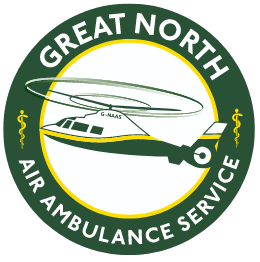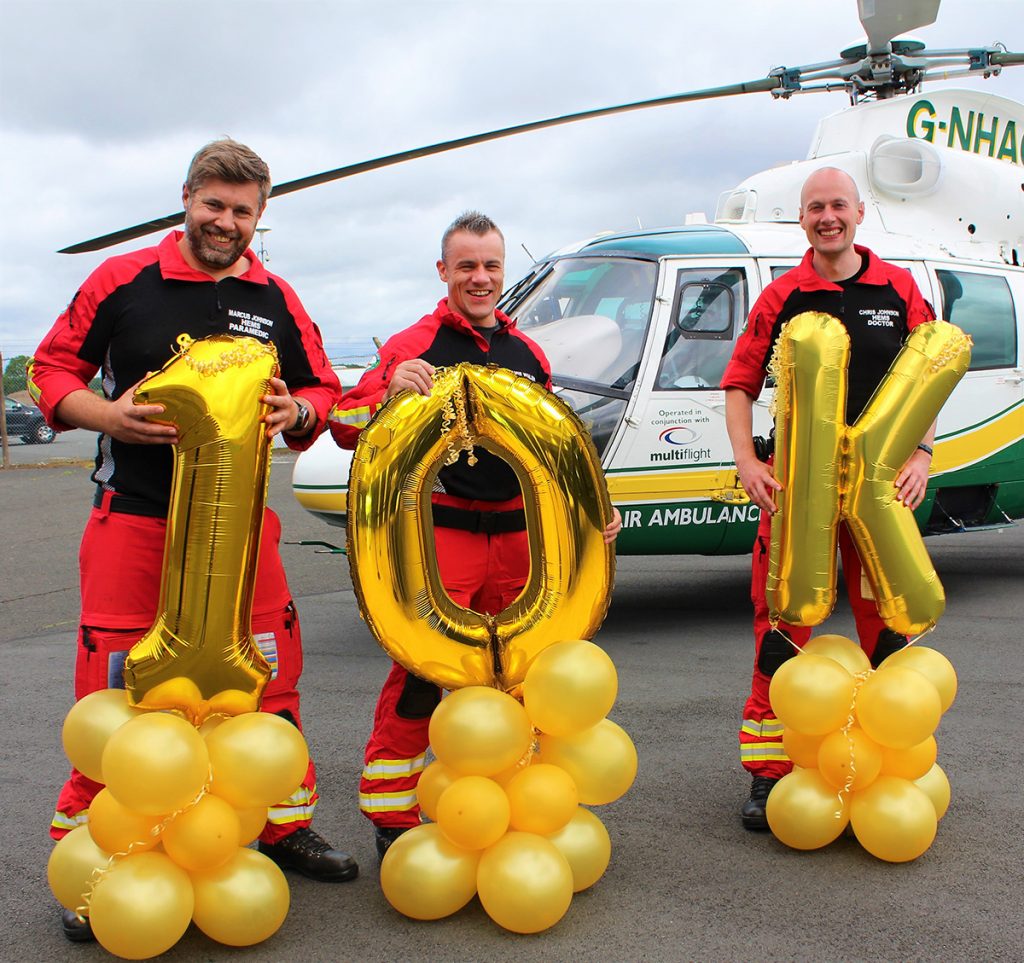A YOUNG man who suffered a cardiac arrest last year has praised the emergency services who came to his aid.
Carl Griffiths, 29, who lives in Middlesbrough, had spent the day travelling to Sunderland with his partner Josh to pick up their Jack Russell, Luna, from Veterinary Vision, after they required an eye operation.
The pair also did some shopping and arrived back home at around 3pm, before visiting Josh’s auntie at her home in Ormesby.
It was during their visit, which was on 18 April 2023, that Mr Griffiths suffered an out-of-hospital cardiac arrest.
The emergency services were called and both the North East Ambulance Service (NEAS) and Great North Air Ambulance Service (GNAAS) responded to the incident.
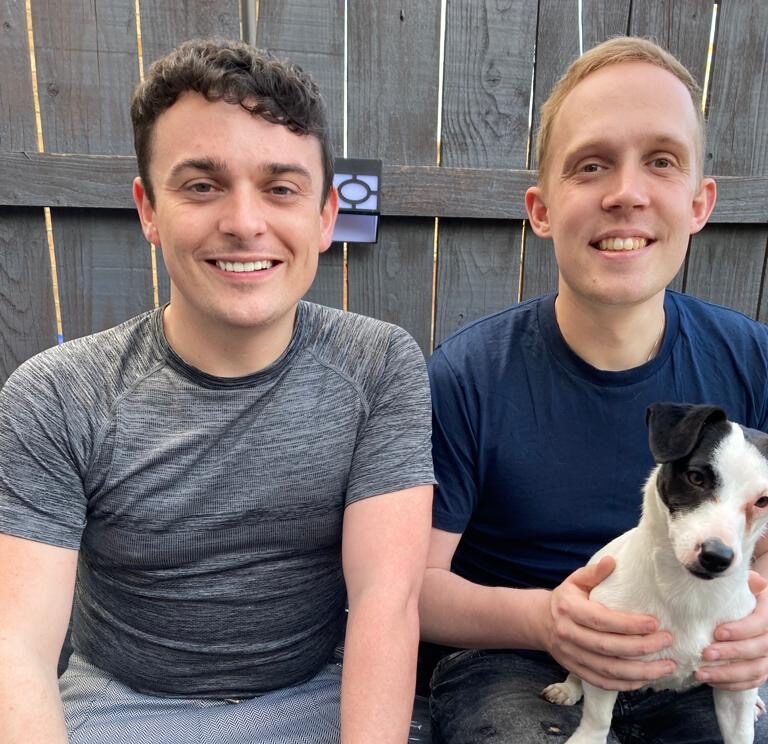

He said: “I was out for 40 minutes. I received seven minutes of CPR from Josh who at the time was a student nurse but has since qualified. I then received several shocks from a defibrillator from the paramedic team. The team from GNAAS also drilled through my knee to inject adrenaline into my bone marrow due to them not being able to get access from a vein.”
Mr Griffiths was put into a medically induced coma by GNAAS’ team before being transported to James Cook University Hospital in a NEAS ambulance, where he stayed for 14 days.
He said: “I underwent tests to see if there was a cause for the out of hospital sudden cardiac arrest but the only thing they found was a mitral valve prolapse which has a small chance of causing a cardiac arrest.
“I had a subcutaneous implantable cardioverter defibrillator fitted on 2 May and was released from hospital the same day.”
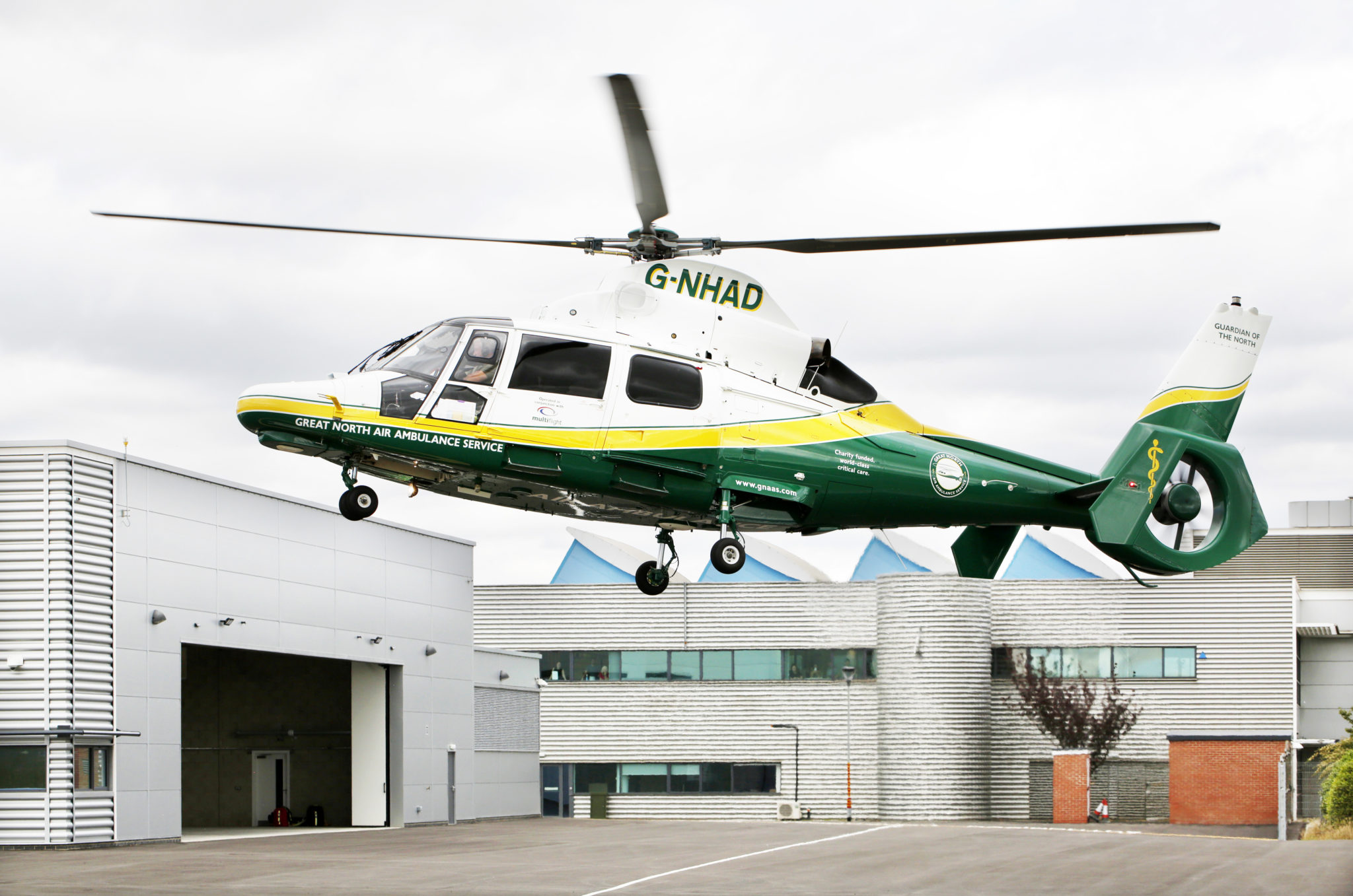

Mr Griffiths, who is a One Stop manager, returned to work just 10 days after leaving hospital and he’s since built his strength back up to almost how it was before.
He said: “My ribs took a couple of months to heal. I still don’t remember anything from the day of the cardiac arrest but there is no long-term damage to my memory which I’m grateful for. The only thing I suffer from is fatigue, where I find myself getting tired very quickly.”
More than a year since his incident, Mr Griffiths has praised the emergency services teams who helped him.
He said: “I wouldn’t have survived without a single member of the team who saved my life that day but due to the quick arrival time of GNAAS and the equipment they carry they were able to get me back into a normal heart rhythm which I think was down to the trial of the injection through my knee and the experience and training the team have.”
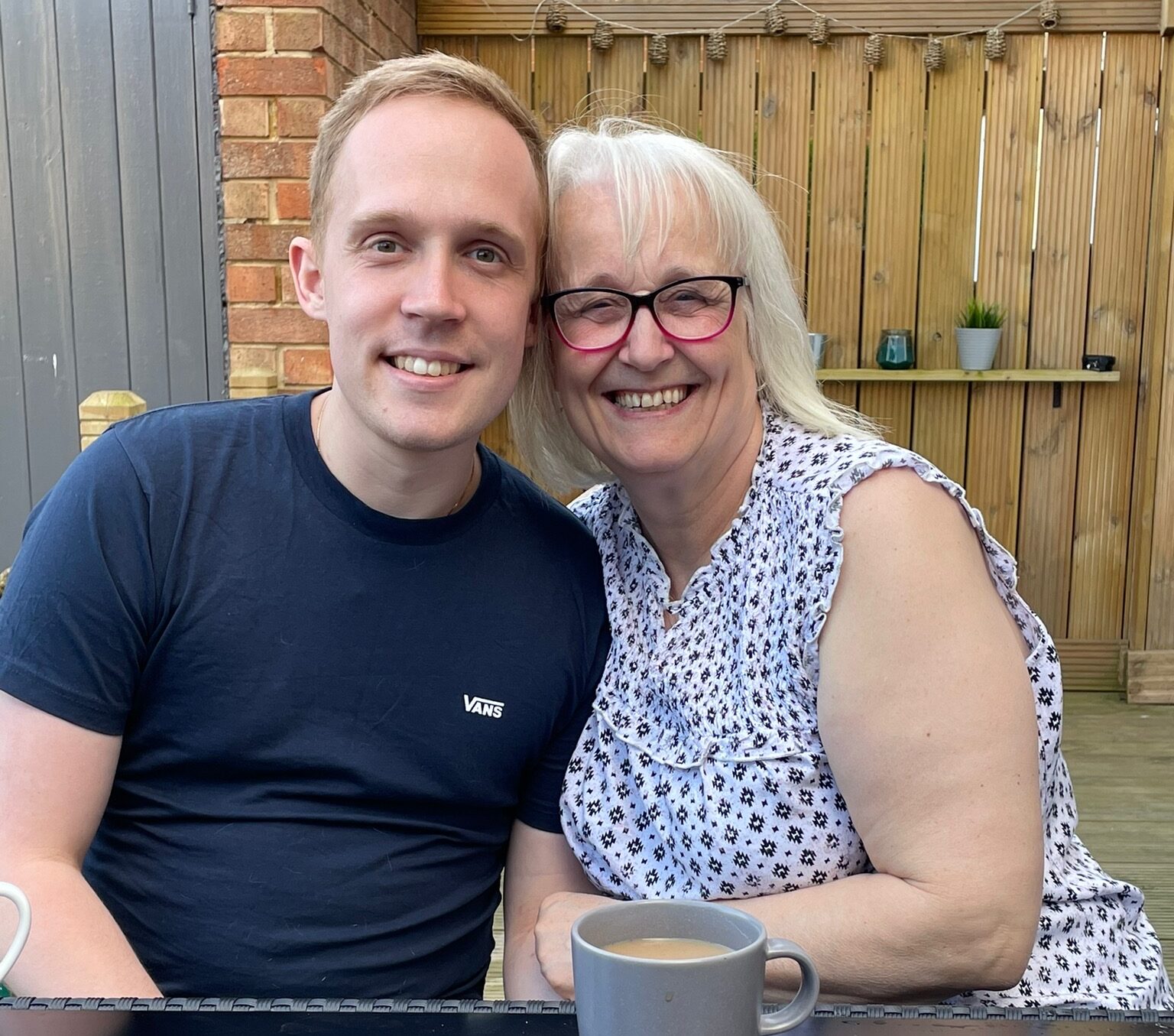

GNAAS doctor Lyle, who treated Mr Griffiths on scene said: “We’re so glad to hear that Carl is doing well and we were able to play our part in the chain of survival.
“We had to give Carl an anaesthetic to stabilise his condition, but it was the combined effort of CPR that was in progress before we arrived, followed by early defibrillation, that ultimately led to a positive outcome.
“As we are a charity, we’d like to thank all of our supporters for enabling us to respond.”
Andrea Raine, Head of Operations for the South Division at NEAS added: “We are pleased to hear the patient is doing well and making a good recovery. The incident shows the important importance of CPR and the use of defibrillation. Cardiac arrest can strike anybody at any time in any place, and every minute without CPR and defibrillation reduces the chance of survival by 10%.
“Two NEAS ambulance crews attended this incident and they will be pleased to know that what they did that day made a real difference.
“Partnership working in incidents like this is crucial to ensuring the patient receives the best care and we wish Carl well in his continued recovery and for the future. For more information on learning CPR, visit our website.”
